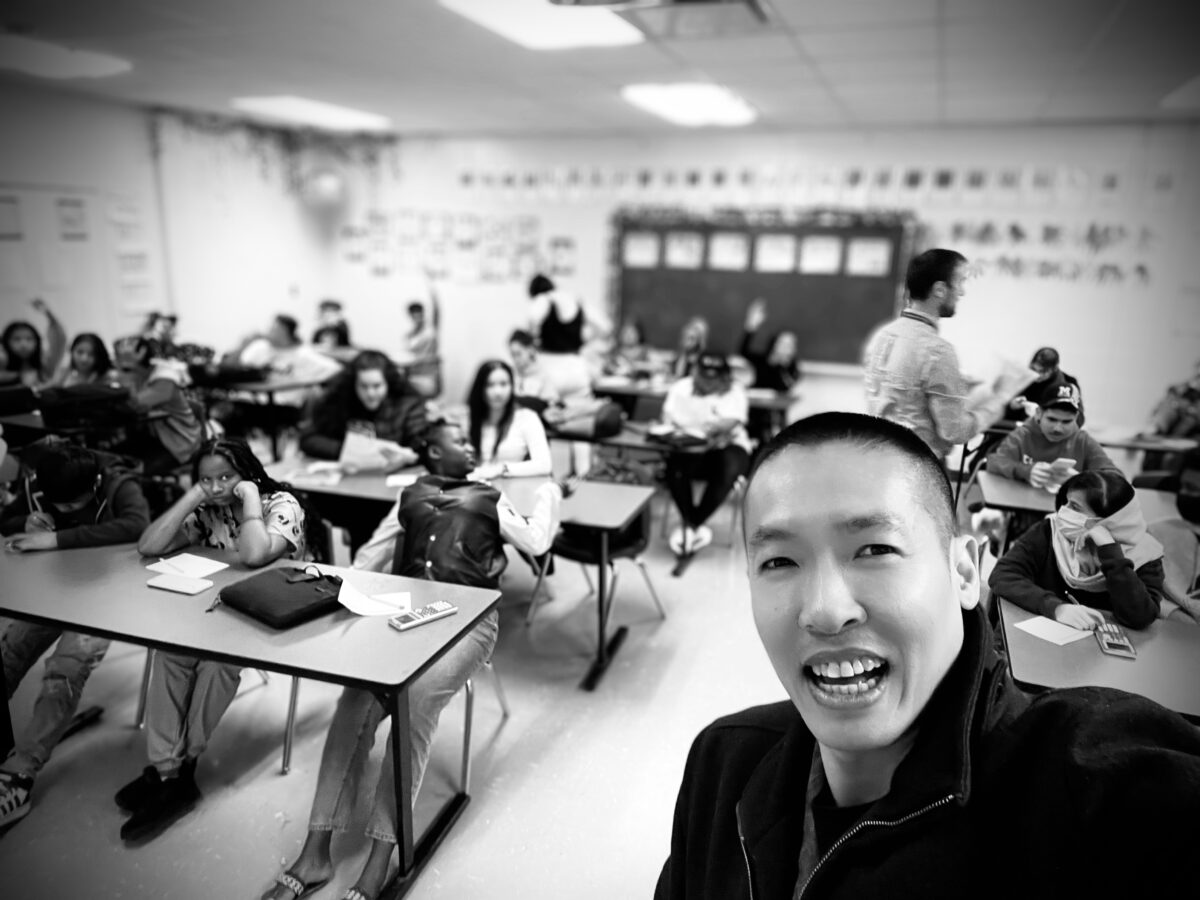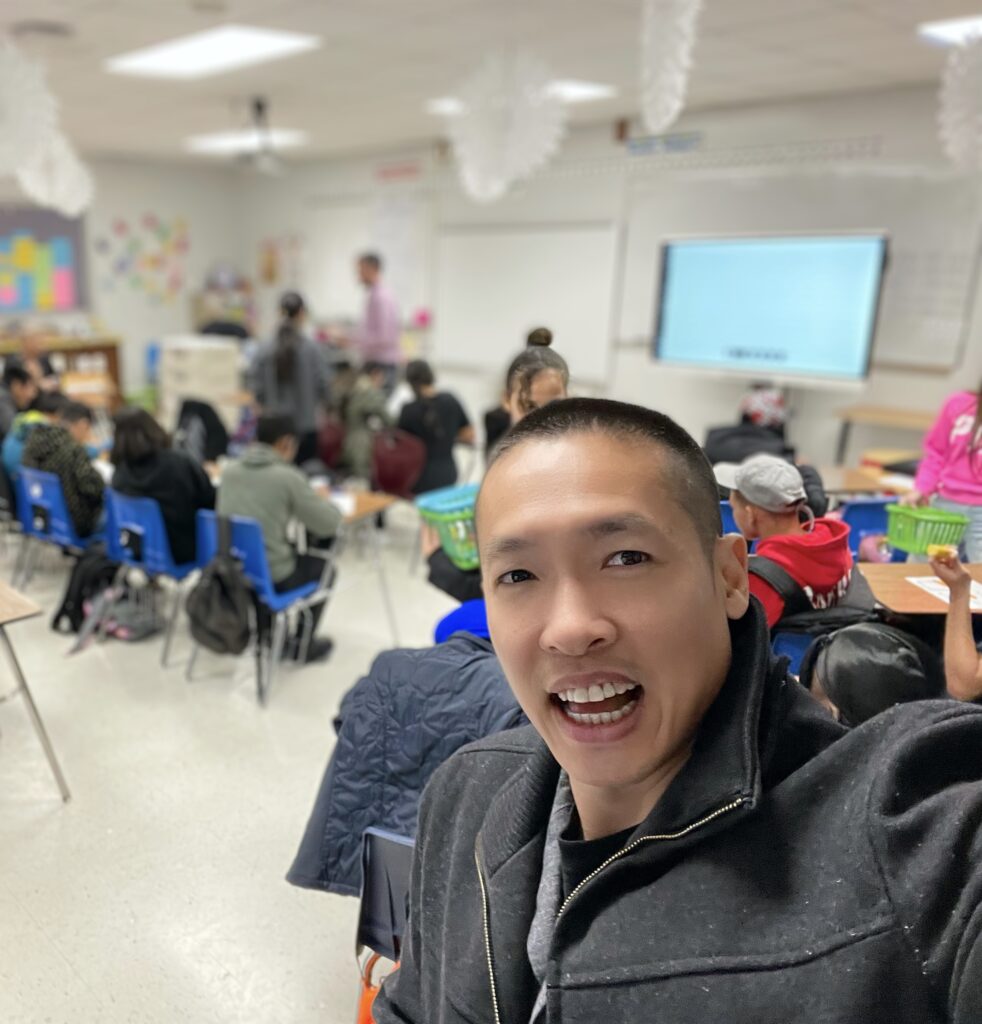In the vast landscape of human interaction, there is an unspoken truth: while many of us yearn for others to grasp our needs intuitively, true ownership lies not in these expectations but in our own capacity to educate and influence.
Tim Ferris, in his bestselling book “Tools of Titans,” presents a myriad of tactics, routines, and habits from world-class performers. Amongst the golden nuggets, a recurring theme emerges: the importance of effective communication. Ferris’s interactions with numerous guests underline a shared belief – expecting people to understand outright is a fallacy. Instead, it’s about relaying information in a manner they can resonate with.
A profound realization many undergo during self-reflection is the idea that when we harbor anger or resentment towards something, we are often, in reality, frustrated with ourselves. This anger is an indicator that there’s an aspect of our being – whether it’s our skills, strength, or mental state – that requires attention and nurturing. By recognizing this, we unlock an opportunity for growth and transformation.
Di Tran, in his soon-to-be-released book “Drop the FEAR and focus on the FAITH,” aptly argues, “it is my job to explain to others and my responsibility to simplify and my win to win the heart of others.” This powerful statement encapsulates the essence of leadership and influence. Rather than pointing fingers at those who don’t understand, it challenges us to take responsibility for bridging the comprehension gap.
By embracing this philosophy, we not only create a more harmonious environment but also strengthen our relationships, be it in our personal lives or at work. When you make it a mission to aid understanding, you’re no longer simply making a request; you’re forging a connection, and in many cases, establishing trust.
As we navigate our daily lives, the onus falls upon us to ensure our message is heard, understood, and appreciated. In doing so, we extend a hand of collaboration instead of a fist of demand, thereby leading with empathy and genuine ownership.

As a takeaway, begin your mornings with these affirmations, aligning with the ethos of educating and influencing:
- “Today, I will lead with empathy, striving to make myself understood and to understand others.”
- “It’s my responsibility to communicate my needs clearly and patiently.”
- “Every interaction is an opportunity to connect, influence, and build trust.”
- “By simplifying my message, I make it accessible and relatable to all.”
- “Winning hearts is a testament to true ownership and influence; today, I commit to this journey.”
- “When frustration emerges, I will reflect inward and seek growth in strength, skills, and mindset.”
In the end, true ownership is about building bridges, not walls. As we aim to influence, may we always prioritize understanding and connection above all else, and in moments of anger, let it be a mirror reflecting areas we can uplift and evolve.








